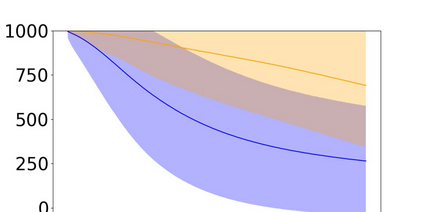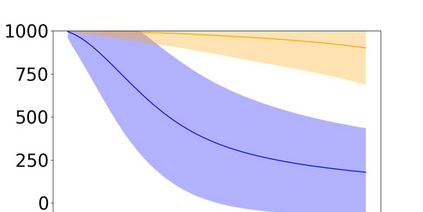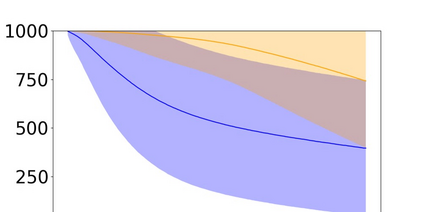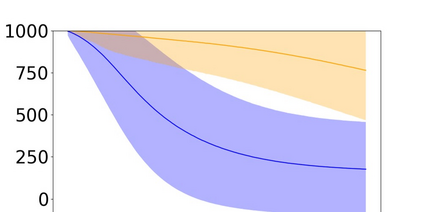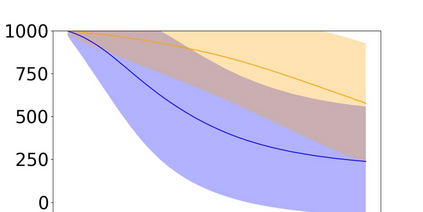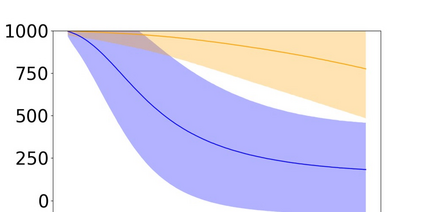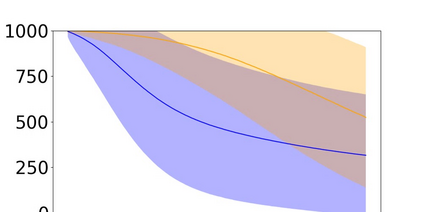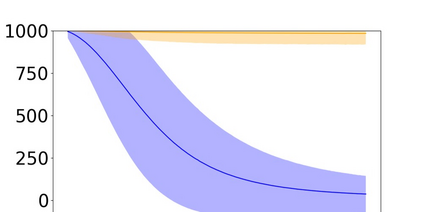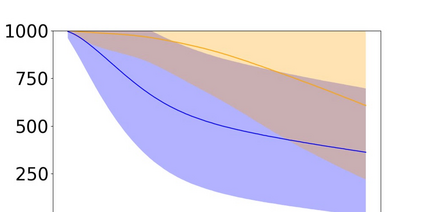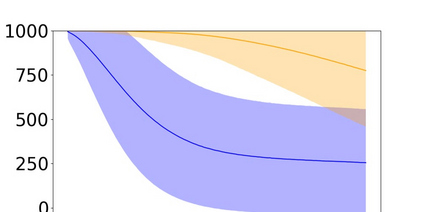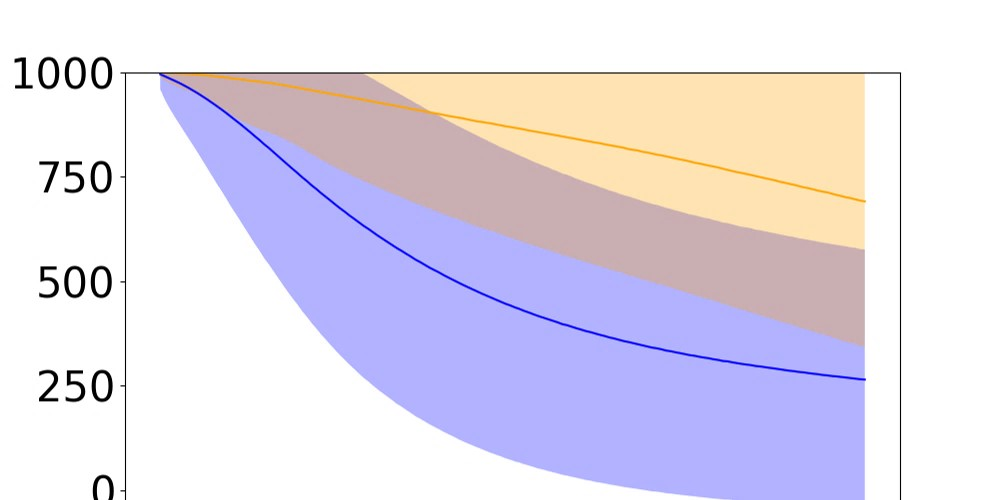Software development in the aerospace domain requires adhering to strict, high-quality standards. While there exist regulatory guidelines for commercial software in this domain (e.g., ARP-4754 and DO-178), these do not apply to software with deep neural network (DNN) components. Consequently, it is unclear how to allow aerospace systems to benefit from the deep learning revolution. Our work here seeks to address this challenge with a novel, output-centric approach for DNN certification. Our method employs statistical verification techniques, and has the key advantage of being able to flag specific inputs for which the DNN's output may be unreliable - so that they may be later inspected by a human expert. To achieve this, our method conducts a statistical analysis of the DNN's predictions for other, nearby inputs, in order to detect inconsistencies. This is in contrast to existing techniques, which typically attempt to certify the entire DNN, as opposed to individual outputs. Our method uses the DNN as a black-box, and makes no assumptions about its topology. We hope that this work constitutes another step towards integrating DNNs in safety-critical applications - especially in the aerospace domain, where high standards of quality and reliability are crucial.
翻译:暂无翻译

